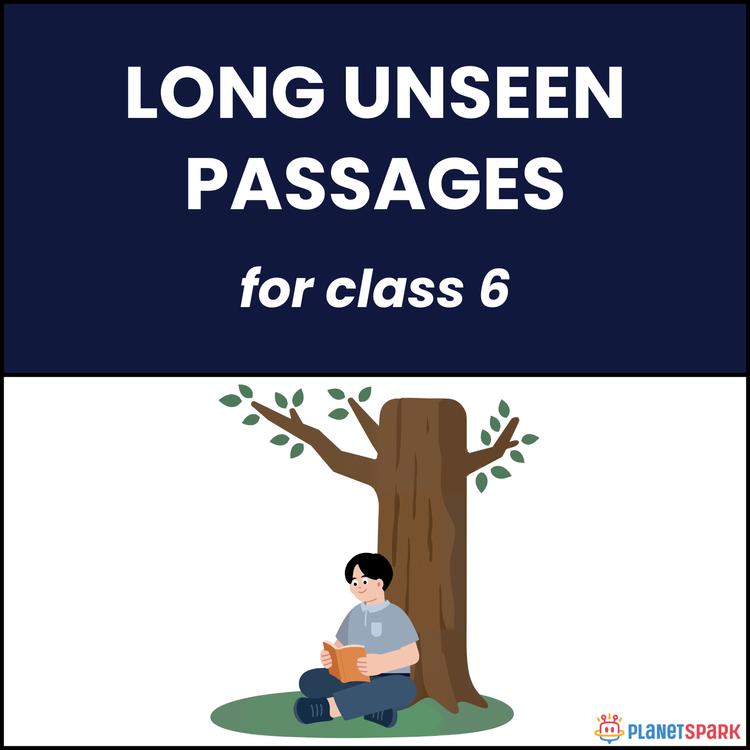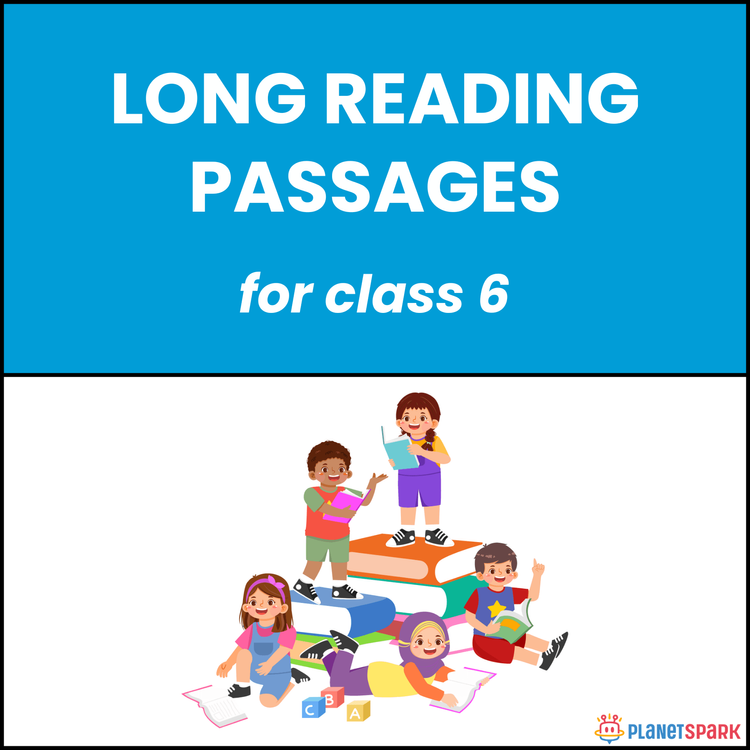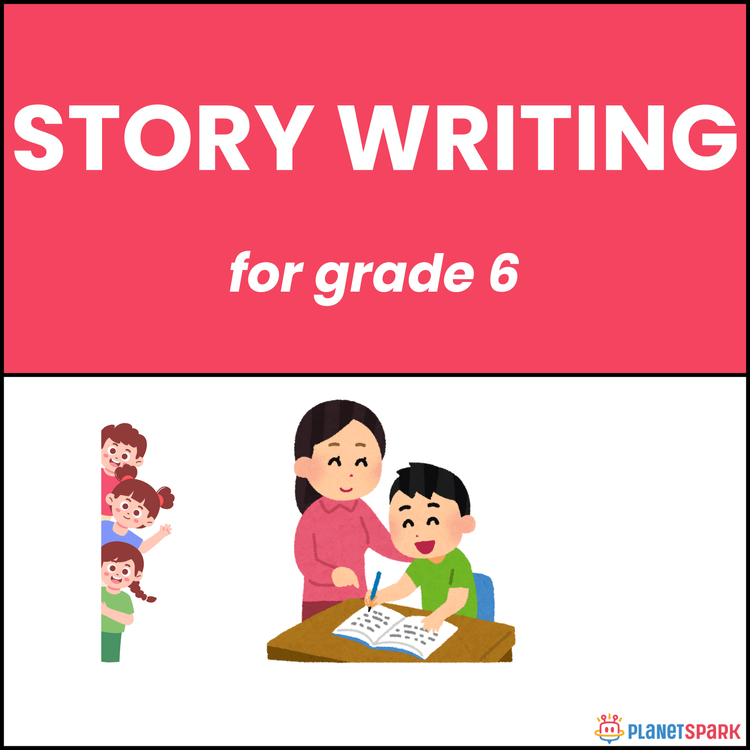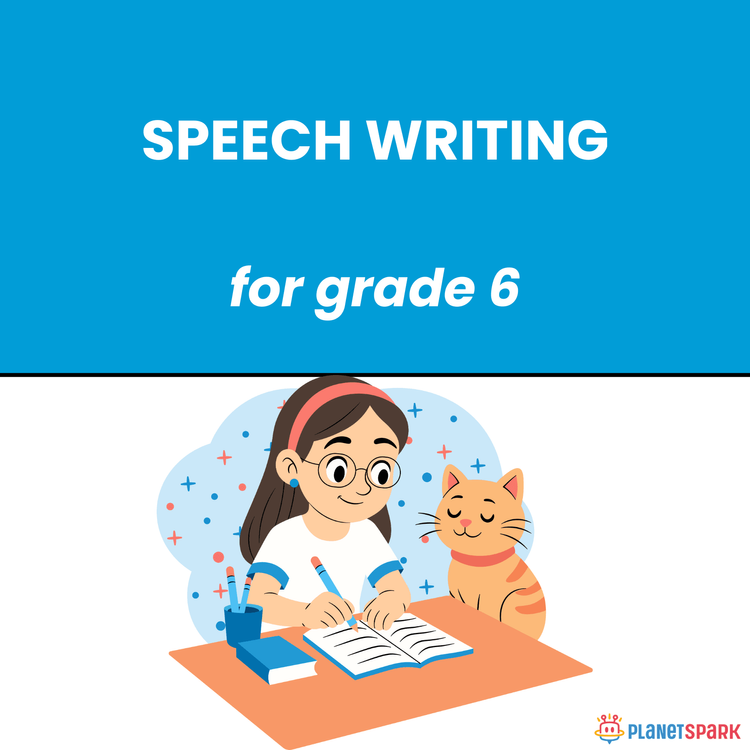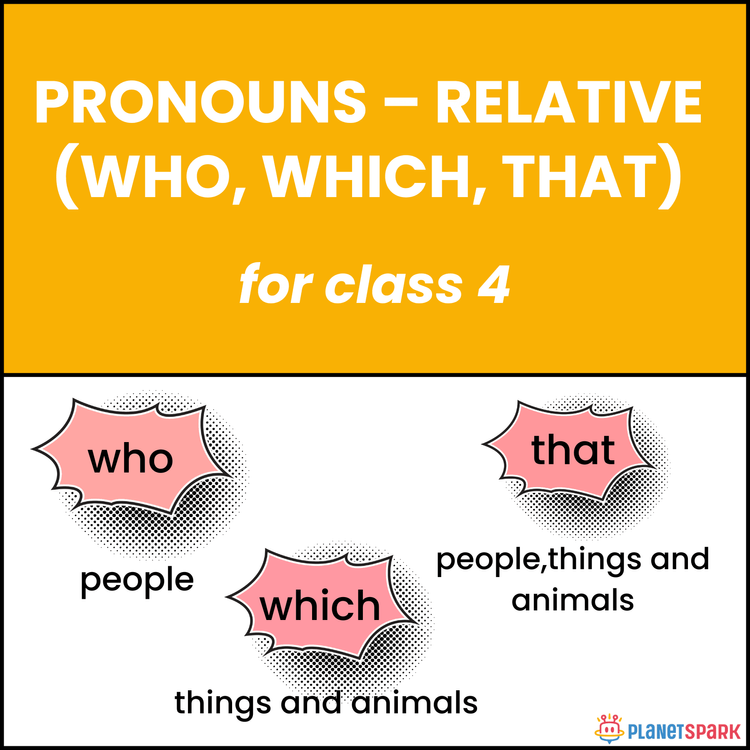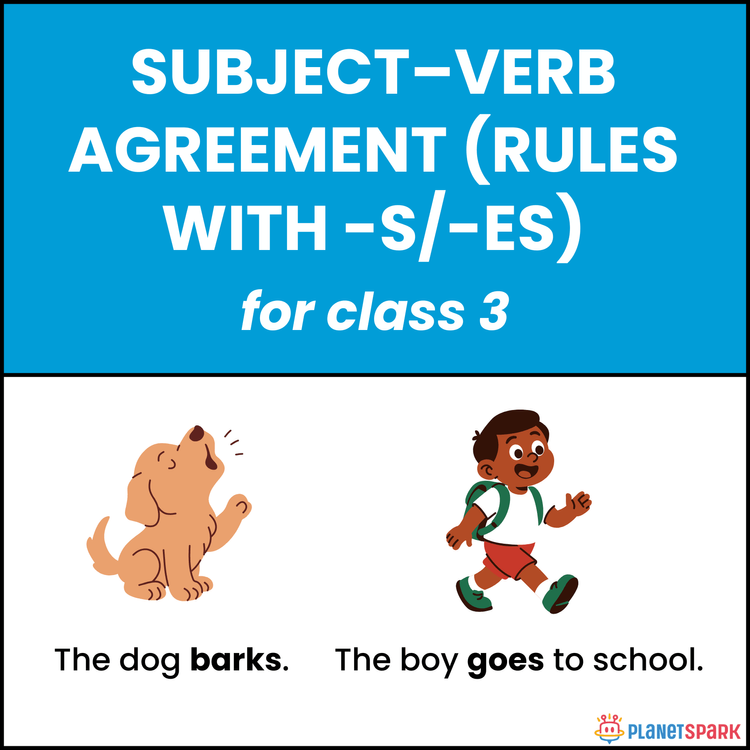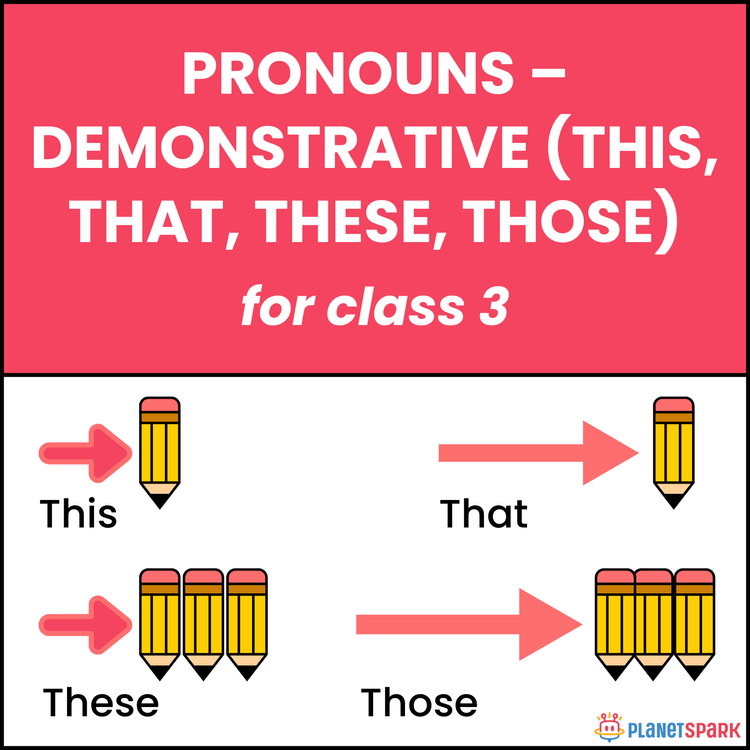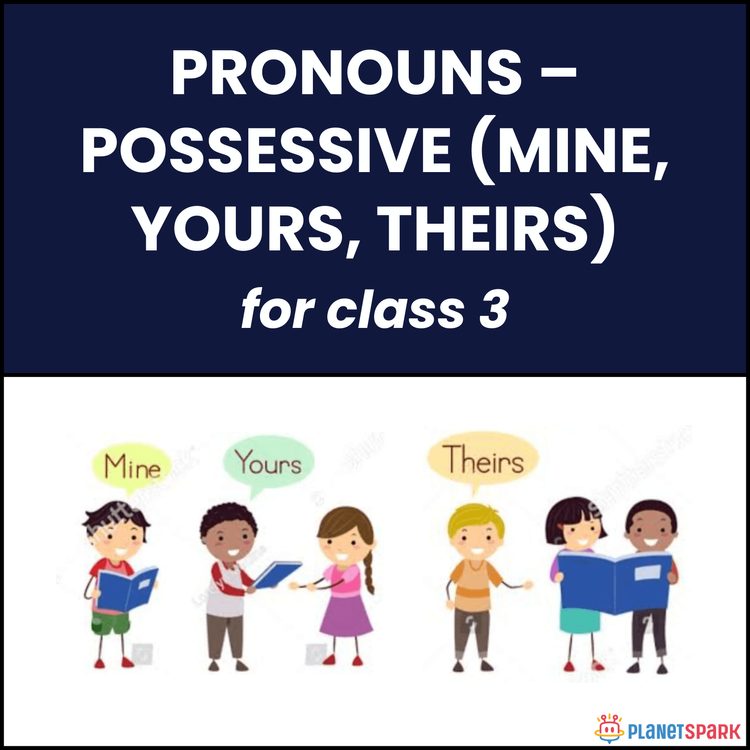Countable and Uncountable Nouns Worksheet Grade 6
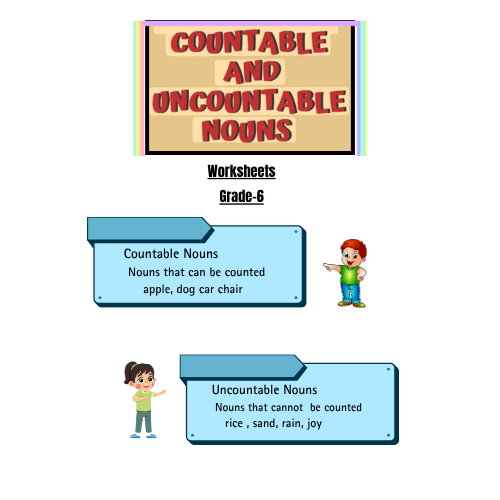

Countable and Uncountable Nouns Worksheet Grade 6
Noun Sense: Countable and Uncountable Practice for Grade 6
This interactive worksheet helps Grade 6 learners confidently distinguish between countable and uncountable nouns. From sorting lists and correcting mistakes to completing sentences using quantity words, this grammar resource is packed with contextual practice and vocabulary enhancement.
Why Practice Countable and Uncountable Nouns?
Understanding these two noun types is critical for correct grammar usage and meaningful writing. This worksheet builds:
1. Clarity in using nouns with correct quantity words like *much*, *many*, *some*, *any*.
2. Skills to spot and fix common noun form errors.
3. Sentence fluency through fill-in-the-blanks and editing exercises.
4. Awareness of nouns that follow different grammar rules.
What’s Inside This Worksheet?
🖍️ Exercise 1 – Underline or Circle
Students read 9 real-life sentences and underline the countable nouns while circling the uncountable ones. (e.g., *rice, water, shells, books*).
📋 Exercise 2 – Sort and Classify
From a mixed list of 16 nouns, learners sort them under Countable or Uncountable categories. (e.g., *pencil*, *money*, *sugar*, *books*).
✏️ Exercise 3 – Fill in the Blanks
Using words like *many, much, a few, some, any*, students complete 9 contextual sentences involving both noun types.
✅ Exercise 4 – Choose the Correct Word
Students tick the correct word (*much* or *many*) in 10 sentences — e.g., *There isn’t (much/many) milk in the fridge.*
🔍 Exercise 5 – Error Correction
Each of the 10 sentences contains a noun-related error. Learners identify and rewrite the incorrect usage (e.g., *many rice → much rice*).
✅ Answer Key
Exercise 1
Countable (underline): vegetables, elephants, biscuits, books, shells, pen, children
Uncountable (circle): rice, water, juice, sugar, information, sand, paper, mud
Exercise 2
Countable: pencil, apple, chair, banana, books, birds, chairs, vegetables
Uncountable: milk, sugar, rice, salt, water, money
Exercise 3
1. much
2. many
3. some
4. any
5. many
6. much
7. any
8. some
9. much
Exercise 4
1. much
2. many
3. much
4. many
5. many
6. much
7. much
8. many
9. much
10. many
Exercise 5 (Corrected Words)
1. many → much
2. a information → some information
3. many bread → some bread
4. many money → much money
5. much birds → many birds
6. an advice → some advice
7. few milk → little milk
8. furnitures → furniture
9. a paper → some paper
10. many rice → much rice
Support correct noun usage and quantity agreement with engaging grammar practice.
🔖Book a free trial!
Frequently Asked Questions
Countable nouns can be counted and have plurals, while uncountable nouns refer to substances or ideas that cannot be counted.
Yes, some uncountable nouns like 'hair' or 'work' can be countable depending on the context.
They should remember that uncountable nouns do not use 'a' or 'an' and usually don’t take plural forms.
